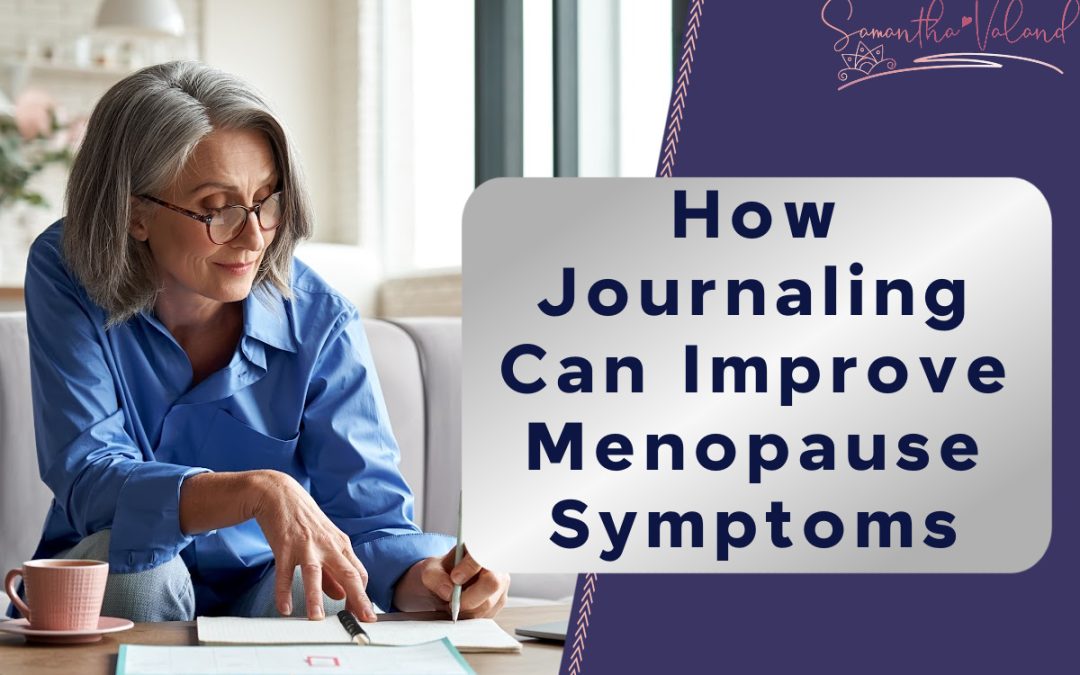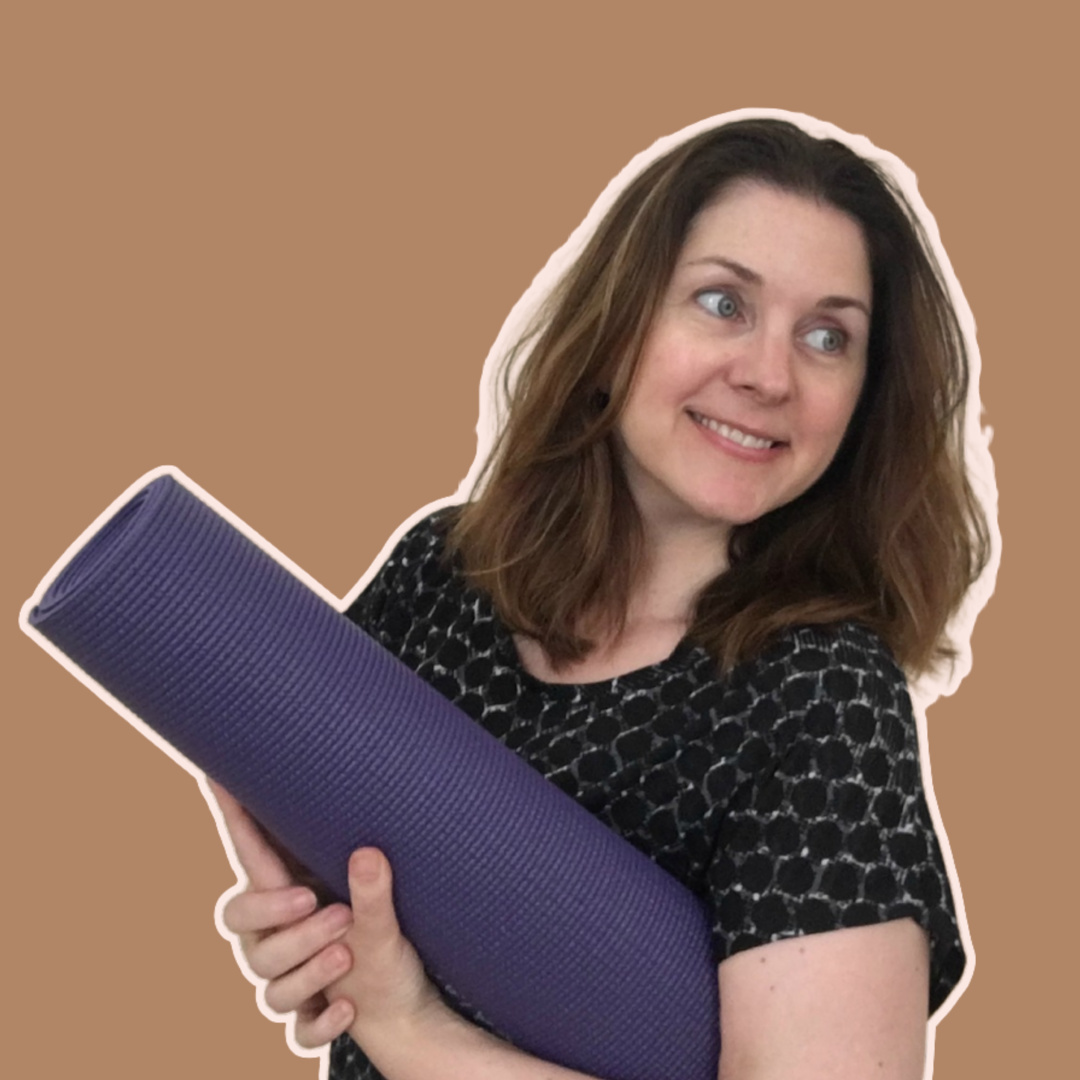How a Journal Can Improve Menopause Symptoms
It’s easy just to concentrate on the physical aspects of the menopause, but we ‘feel a lot of feeling’ during the menopause which we often stuff down rather than process.
Personally I think its how the physical symptoms can affect your behaviour that makes a massive impact on your life. If you can tap into that you using journaling, you will find the magic of what to do to help reduce your menopause symptoms.
A simple example is: if you are tired, perhaps due to night sweats or waking up at 4am, then that will change how you eat as well as how active you are the next day.
Perhaps you a regular at the gym, and all of a sudden you are regularly not getting to classes. It does affect how you feel, so what are you currently doing with those feelings?
As we are used to feeling tired as a short term blip, rather than a constant feeling, we behave the same way, i.e. take a breather and wait for your energy to go back up in a few day.
Many symtoms of the menopause can be chronic and therefore make changes to our behaviour over time
Rules of Journalling
You can find many rules about journaling, but to be consistent it’s finding out what works best for you.
Personally I find there is magic in getting pen to paper that I don’t get with typing. That may be the same for you or you may find online works well for you in the first instance.
There is a whole industry full of pretty notepads, with various price ranges. There is a big difference in the notepad that is in my handbag , compared to the notepad that’s on my desk. One of my notepads I don’t want to read any of it afterwards so I buy one that’s easy to dismantle and shred when its complete.
There are no rules just what you want to get out of it!
How often do you do it?
As with any habit, finding a way to do it consistently is where the magic happens. You may have a fixed time of day such as mornings or wherever it fits in for you. It make take trying a few different slots to find out what works best for you.
How much time do you have?
I usually set myself a timer, so I can just bash on. With any task that’s easy to lose yourself in, it quietens my mind if I don’t have to worry about time. Whether that’s 5 minutes of 25 minutes.
My phone is in flight mode so I’m not distracted by the internet, if anything jumps into my head, I will just write it down to action later.
What do you write about?
A blank page may be scary or inviting?
The longer session I do is called Morning Pages and I write three A4 pages of whatever is in my head. Sometimes it’s profound, sometimes it’s my todo list if my head is busy. If you are not sure what to write about, you could:
- pick a word and write how you feel about it. This could be a word that has triggered you during the week, or randomly picked.
- a quote Social Media is full of Memes one may have caught your eye during the week that has held your attention. It may be around something that has changed for you. ‘Go hard or go home’ is a motivational exercise quote, but during the menopause that may mean something different
- there may be one area you are working on, and having the same phrase to work on such as ‘today, I give myself permission to…..’ is a great journal prompt when going through times when you need to be kind to yourself.
- tarot or oracle cards. On Social Media, there are a plethora of #cardoftheday or you can pull cards yourself if you have a deck. With the question, ‘how does this make me feel’
- gratitude practice. This is a game changer during the menopause if you are having a ‘why me’ or ‘what fresh hell is this’ phase. Being able to find gratitude in your body and everyday life can make a massive impact on your mood.
- ’10 Things About…’ is a great way to explore how you feel and think about a topic, that may have changed due to menopause symptoms. Simply write a topic at the top of your page and then 10 things about it.
How does journaling help your menopause symptoms?
Well, it helps you to notice if your behaviour is changing due to menopause symptoms.
Back to the tired example at the top. It can be a barely noticeably slide into extra coffees, and foods that give you a quick energy boost. Both are OK short-term but you will see an increase in your waistline long-term. It’s your body shouting for you to do something different.
Working through your thought process of there isn’t a quick fix. You’re not lazy and you need to do something differently isn’t a linear process.
In order to energise yourself, a different approach is often needed which is usually a change in habit. Doubling down on selfcare and starting new habits take time and mental effort to be consistent
As many menopause habits don’t give is a big wahoo feeling, writing down that you do feel better after doing it helps to create connections in your brain that help make these habits automatic rather than an effort.
Top Takeaways
- take time to figure out what works best for you
- what epiphany’s you get from the journaling session and how you can use that information
- a quick review of how journaling makes you feel. If you deliberately acknowledge that you feel good doing it you are more likely to repeat it, compared to just rushing to the next thing on your to-do list.
Ask me a Question V5.0 If you have a question around exercising after the menopause, click here to ask me and I will answer on my YouTube channel or here on my blog
Samantha Valand is a Pilates teacher, Yoga Instructor and Personal Trainer. Who helps over fifties women fall in love with exercising again after the menopause. You can find some inspiration over on the blog If you are interested how coaching can help you can start here. Samantha has a free monthly newsletter to help you live healthy ever after.






